With November just a few short months away, the pre-election fervor is starting to heat up as candidates battle it out for political positions all over the nation. While education policy hasn’t always been a deciding factor in who wins or loses in a given election year, this year might be different. Education has been at the forefront of much of the political debate in recent months, and students, teachers, and parents alike are up in arms about a number of key educational issues with candidates responding to them with their own policies and ideas. With so much going on it can be difficult to ascertain what’s really important and what’s just political posturing, but regardless of which end of the political spectrum you fall on, these important issues are something all educators should be following this election year as they could have deep and long-term effects on the American education system.
-
Race to the Top and No Child Left Behind:
These major educational policies, enacted by Presidents Obama and George W. Bush respectively, will be key talking points in this year’s election. Many states are seeking to opt out of the No Child Left Behind legislation, which many feel has been largely ineffective at raising test scores and helping children to succeed. Many of the same criticisms have been raised about Race to the Top, as many believe the competitive nature of both programs works against educational innovation and improvement. Regardless of where the candidates stand on these two programs, it will be nearly impossible for them to avoid addressing them in some form or another, and educators should keep their eyes and ears open for new information on the inevitable political debates over education reform.
-
Teachers’ unions:
Teachers’ unions have been taking a lot of heat in recent years, being blamed for everything from budget shortfalls to substandard test scores. In Wisconsin, politicians have effectively eliminated the bargaining power of teachers’ unions, a move that has been incredibly politically divisive both in the state and nationwide. Yet even Democrats, who’ve traditionally supported unions, are pushing against teachers’ unions, advocating for fewer raises, stricter standards, and reduced or nonexistent pension plans. While there are undoubtedly some problems caused by powerful teachers’ unions, the timing and the vitriol being expressed against the nation’s educators seems oddly placed. Educators can expect to hear a lot of back and forth about unions in this year’s election (Romney has already spoken out against them), with results that may have a direct impact on many working in the nation’s public schools.
-
School vouchers:
One of the big issues being touted as a solution to the nation’s educational woes is greater school choice, and along with that comes school vouchers. Vouchers have been talked about for years, but they’ve recently made a comeback in discussions of how to solve serious problems in education, especially in areas with failing public schools where parents want to use tax dollars to send their children to private schools. A few districts have already rolled out their own voucher programs, though not without some serious backlash from residents, some who have even sought legal recourse to put an end to the programs. Currently, five states have passed voucher legislation and another seven are expected to in the coming months. With Obama and Romney divided on their stance regarding vouchers, they could quickly become a key talking point in this year’s debates on education.
-
Common Core State Standards:
Common Core State Standards are set to be fully implemented in schools in all but five states by 2015, but many are already planning a number of major curricular changes this fall. While most states are on board with the new program, not everyone is convinced that the CCSS’s are what the education system in America needs, and some politicians are speaking out. On one side, politicians are saying that the federal government is overstepping its bounds in regulating education through the new guidelines, yet others say that states still have plenty of autonomy. The very fact that some states have outright refused to take part in the new standards gives an inkling of just how big of an issue it is and will continue to be through 2015 and beyond.
-
Education spending:
With many states on the brink of economic disaster, education has seen major cuts in virtually every part of the United States. These cuts haven’t come easily, and are often the result of extended battles over where funding should be spent, where it’s been misspent, or what’s best for American schools. There may be no one right answer to those questions, but that hasn’t stopped the debate, nor should it. Educators should watch for the inevitable debates about educational funding that will arise this fall, as it could have an effect on just about every aspect of education and may, in some places, put jobs at risk as districts struggle to cope with minimal funding.
-
Higher education funding:
In the wake of record high tuition and record low employment for new college grads, college education funding has become a major, major issue, sparking protests nationwide. Obama unveiled plans for the 2013 fiscal year that would change current federal funding for colleges, helping to encourage cost reduction, finding students work, and fostering community college programs, as well as working hard to reduce cuts to federal grant programs for low-income students. Both sides in the presidential race have spoken out about this issue a number of times, and educators can expect that it will be a major talking point this fall, with vastly differing points of view from each political party.
-
State vs. federal regulation:
Education has traditionally been regulated by the states, not the federal government, but some feel that new educational policies, especially the new Common Core standards, are overstepping those bounds. Mitt Romney has even gone so far as to suggest that he would severely cut back the U.S. Department of Education if elected, limiting the power of the federal government to have a say in how education is meted out around the nation. While this conservative view is a popular one, others believe that education needs more oversight, so that students in differing cities, states, and communities are getting more equitable access to education. No matter what you believe, it’s clear that this issue isn’t going to go away anytime soon and is definitely one to watch this fall and beyond.
-
Charter schools:
Charter schools have been a major talking point in education for years now, supported by many who think they offer a better alternative to education in underserved areas than public schools can provide. While there are undoubtedly some incredibly successful charter schools, others caution that they aren’t a cure-all to what ails American education, and with many failing just as public schools have, it’s clear that they aren’t always the answer. Yet these kinds of privately run schools funded with public dollars are becoming the norm in big cities, meeting a mixed response by citizens. In Chicago, recent plans to divert millions of dollars of public funding into charter schools were front page news that riled up many who believe that charter schools are just another way of funneling public money into private pockets and cutting out teachers’ unions, actions that could be harmful to children and teachers. It’s a major issue to watch as it affects educators working in nearly every aspect of K-12 education.
-
Low graduation rates:
While graduation rates have made modest gains in recent years, only 75% of American students will finish their high school education, a rate that drops to just over half of all students in certain states and cities where so-called “dropout factories” are commonplace. Fourteen school districts in major cities including Detroit, Baltimore, New York, Milwaukee, Cleveland, Los Angeles, Miami, Dallas, Denver, and Houston have graduation rates of less than 50%. That means dropouts are still a pretty big concern in American education and one that educators can’t expect to see ignored in any coming educational policy or debate.
-
STEM education:
Over the past few years there has been an uproar over the lack of STEM college graduates and the low quality of STEM educational programs in the United States. While some of the fears regarding these issues may have been overblown, the reality is that STEM education is still a pretty big deal, especially among minority and female students, few of whom will pursue a STEM-related career. Many politicians have spoken out about their goals to improve and support STEM education in their states, and you can expect that this fervor will carry over into this election year as well.
-
Minority and immigrant students:
You’d have to be living under a rock not to have heard about the numerous initiatives to help out students who are the children of illegal immigrants. From the DREAM Act to the recent amnesty plans offered by the president, it has been a political hot topic over the past year and will likely not slow down as the actual elections approach. Concerns about helping minority students achieve, many of whom may also be immigrants, is also a major educational issue, especially in states with large minority populations. With candidates on all parts of the political spectrum looking to capture minority votes, you can expect that both of these issues will inspire some pretty heated debate over the next few months and likely long afterwards.

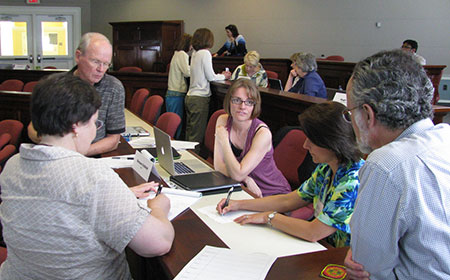

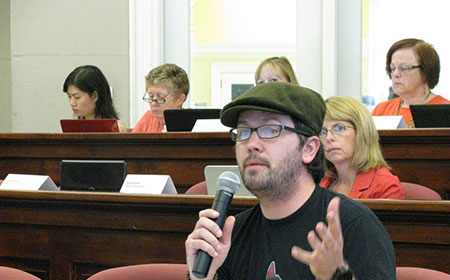


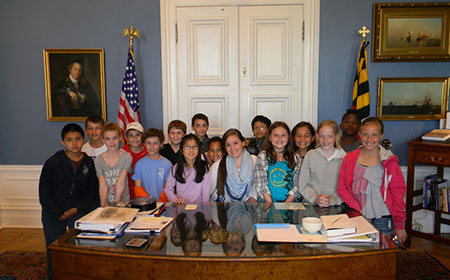
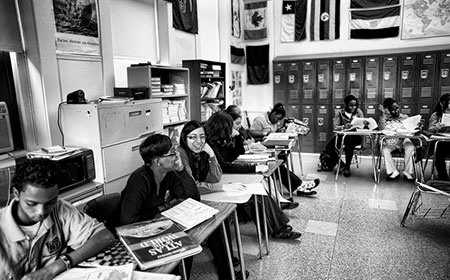
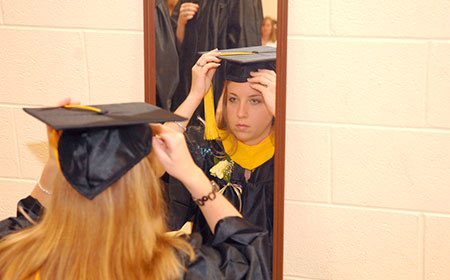
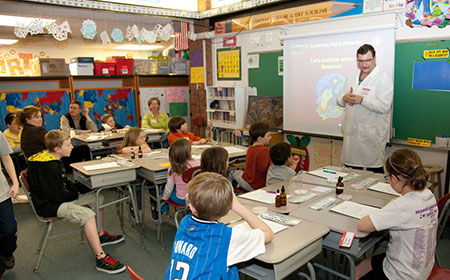
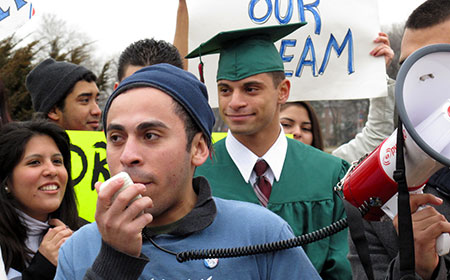
No comments:
Post a Comment